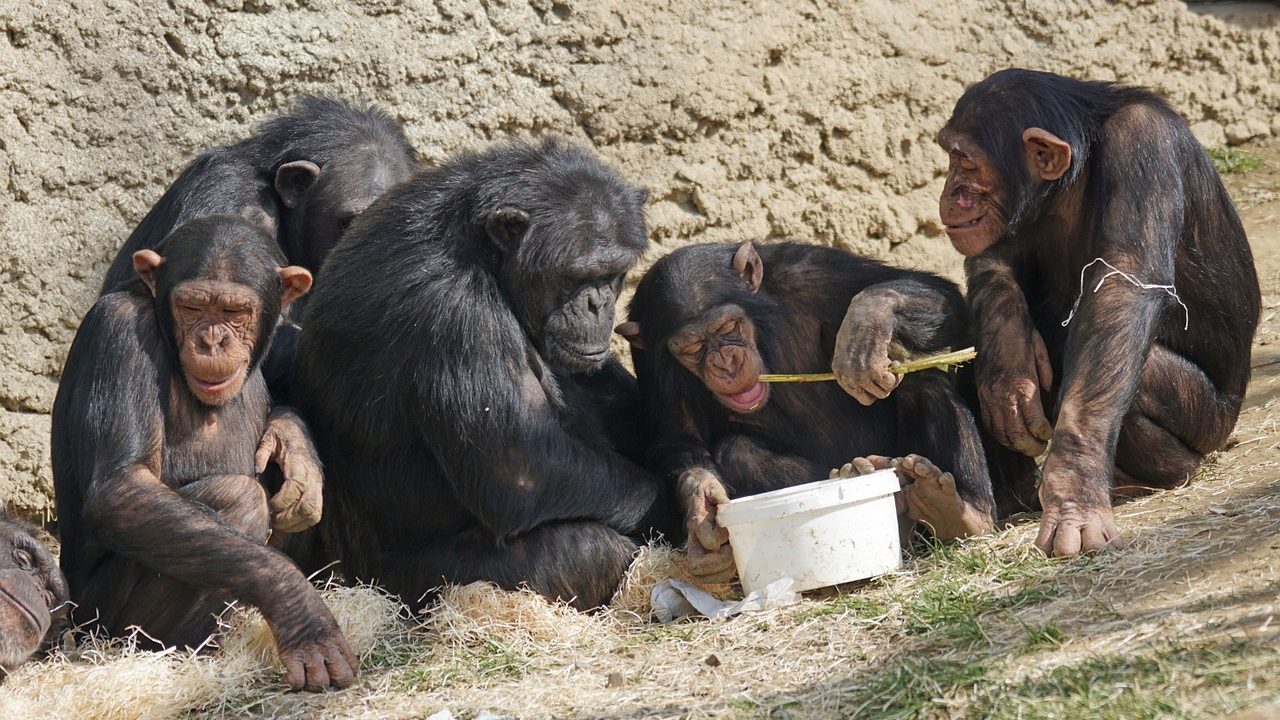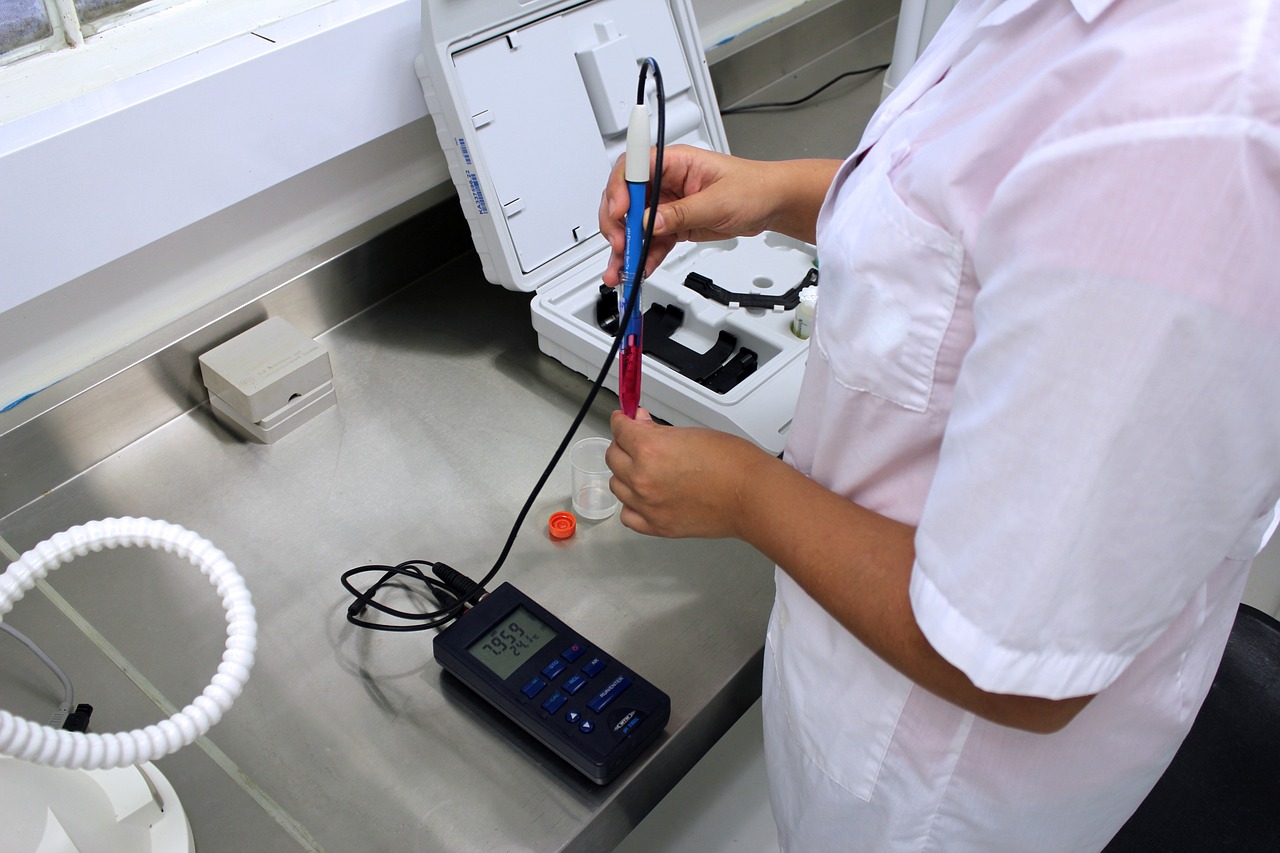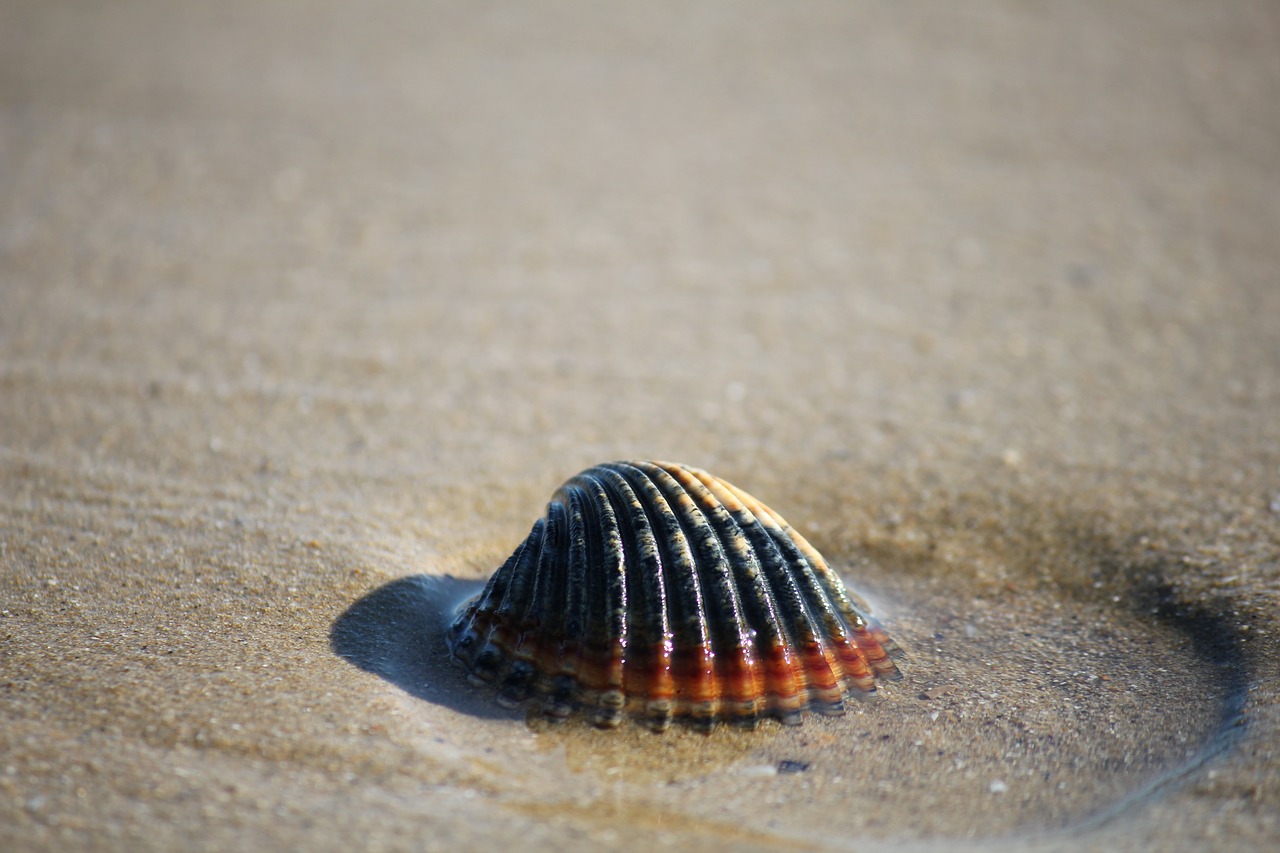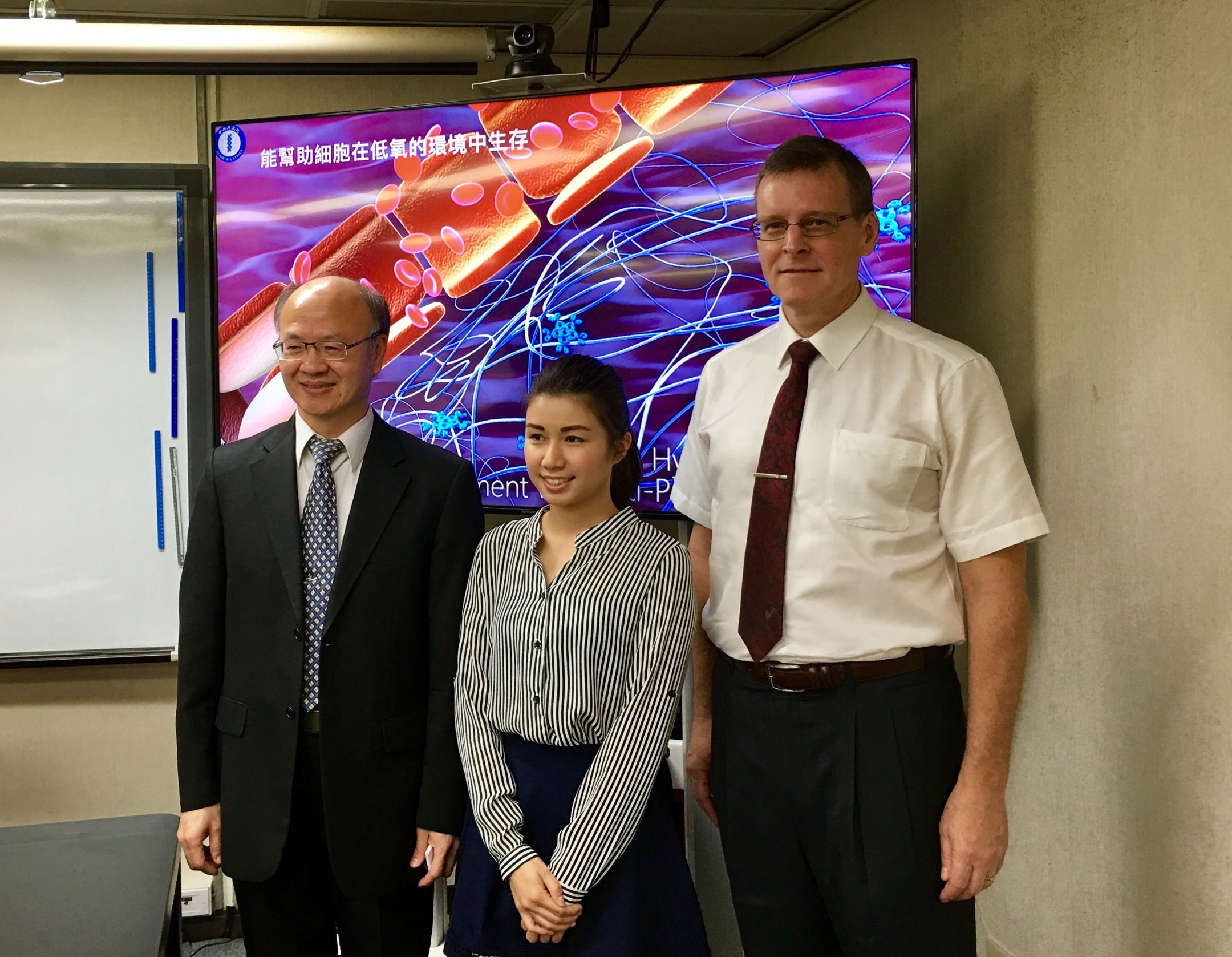
Research Stash Weekly Review #39
- Weekly Review
- 2.3K
Weekly Review #39 – Summary of the latest news In science and technology research across the world, carefully handpicked by team Research Stash
Our Genes Affect Where Fat is Stored on Our Bodies
According to a new study, genetic factors heavily influence where we are most likely to store fat on our bodies. Researchers found the relationship between genetics and fat storage is more significant in women than in men. Read More
A Totally New Type of Blood Vessel Has Been Discovered Hidden in Human Bones
We often think of bone as something that is structurally solid, especially its hard outer layer, called cortical bone. Read More
Scientists capture images of antibodies working together against malaria
Scientists investigating how the human immune system defends against malaria have uncovered a rare phenomenon: antibodies working together to bind to a vulnerable spot on the parasite. Read More
Scientists turn carbon emissions into usable energy
A recent study, affiliated with UNIST has developed a system that produces electricity and hydrogen (H2) while eliminating carbon dioxide (CO2), which is the main contributor to global warming. Read More
Scientists accidentally engineer mice with unusually short and long tails
Researchers from two groups studying mouse development have accidentally created mice with unusually long and unusually short tails. Read more
Turning stem cells into insulin-producing cells could lead to “functional” diabetes cure
While diabetes can mostly be managed through a carefully-controlled diet and regular insulin shots, a longer-term solution and perhaps even a cure could be found by replenishing a patient’s own supply of beta cells, which naturally produce the hormone. Read More
Researchers redesign a cancer-busting protein—without the side effects
For patients with aggressive kidney and skin cancers, an immune-boosting protein called interleukin-2 (IL-2) can be a lifesaver. Read More
Facial recognition for chimps searches the internet for stolen baby apes
Algorithms can be trained to recognize ape faces as well as human faces. Now ChimpFace is being deployed to help track down poachers who put the animals up for sale online. Read More
Artificial intelligence applied to the genome identifies an unknown human ancestor
By combining deep learning algorithms and statistical methods, investigators have identified, in the genome of Asian individuals, the footprint of a new hominid who cross-bred with its ancestors tens of thousands of years ago. Read More
A new scale for electronegativity rewrites the chemistry textbook
Electronegativity is one of the most well-known models for explaining why chemical reactions occur. Now, Martin Rahm from the Chalmers University of Technology, Sweden, has redefined the concept with a new, more comprehensive scale. Read More
If you liked this article, then please subscribe to our YouTube Channel for the latest Science & Tech news. You can also find us on Twitter & Facebook.


